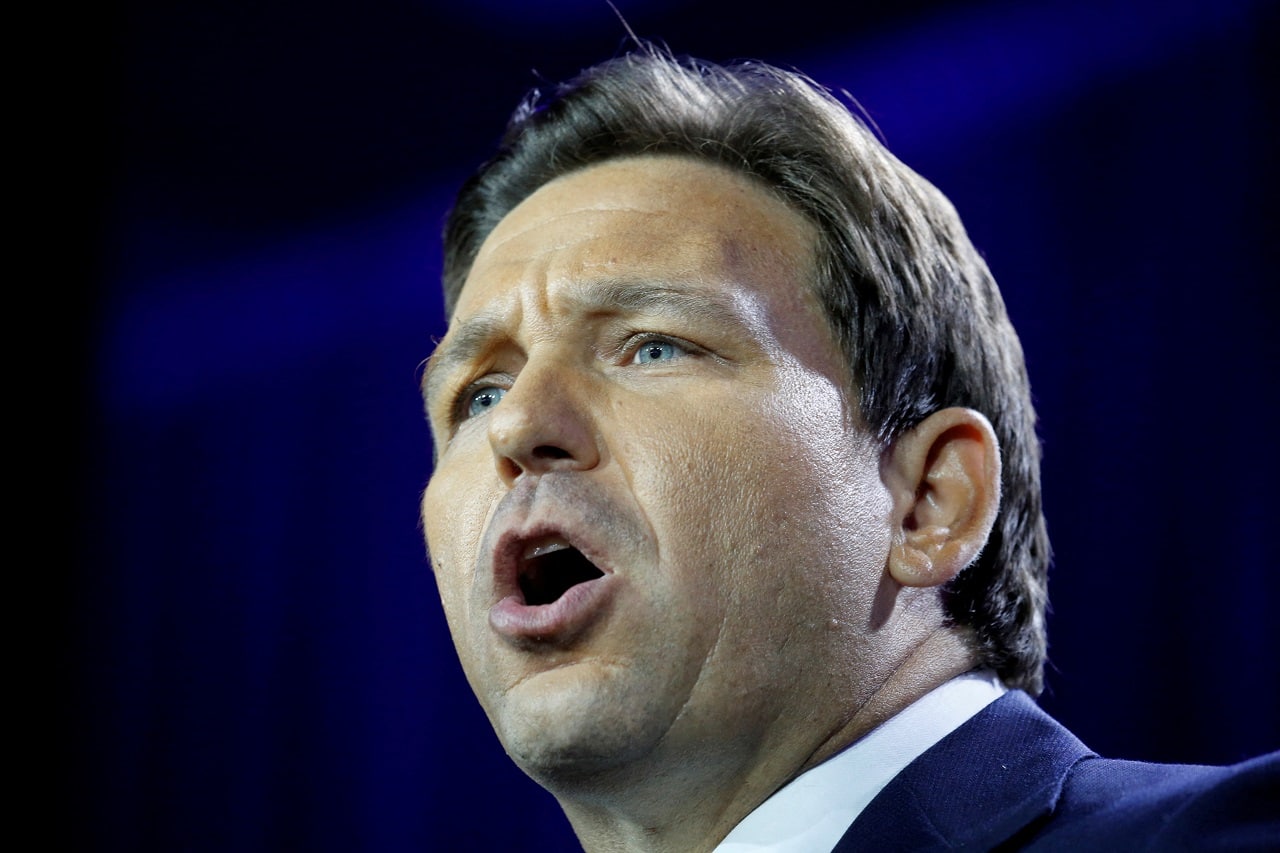Florida Bans H-1B Hires at Public Universities: Impact on Skilled Workers and Academia
A state executive order restricts H-1B visa usage at public universities, reflecting a policy shift towards prioritizing domestic hires.

Subscribe to our newsletter and stay informed about latest H1B news, policy updates and and other developments.
Article Summary
Florida Governor Ron DeSantis issued an order banning state universities from hiring foreign workers on H-1B visas, mandating prioritization of American citizens and Florida residents for academic and administrative positions. The governor cited concerns over “H-1B visa abuse” and the need to ensure taxpayer-funded jobs go to qualified U.S. graduates, noting universities' exemption from federal H-1B caps. The Florida Department of Government Efficiency will enforce compliance, and the measure redirects DEI grants towards core education priorities.
Original Article: moneycontrol.com
[ Sentiment: negative | Tone: factual ]
This summary and analysis were generated by TheNewsPublisher's editorial AI. This content is for informational purposes only; it does not constitute legal or immigration advice.
[ Sentiment: negative | Tone: factual ]
This summary and analysis were generated by TheNewsPublisher's editorial AI. This content is for informational purposes only; it does not constitute legal or immigration advice.
TNP AI: Key Insights
This executive order fundamentally alters the hiring landscape for public universities in Florida, directly impacting their ability to recruit and retain international talent on H-1B visas. Historically, institutions of higher education have been exempt from the federal H-1B cap, providing a crucial pathway for foreign scholars and researchers to contribute to U.S. academia. This state-level ban now closes that avenue within Florida's public university system.
For skilled foreign professionals, this means a significant reduction in academic and administrative job opportunities within one of the largest state university systems. For Florida universities, the policy could limit access to specialized expertise, potentially affecting research output, global competitiveness, and the diversity of their faculty and staff. The move also signals a broader trend of state-level interventions in immigration policy, which could have implications beyond Florida.




